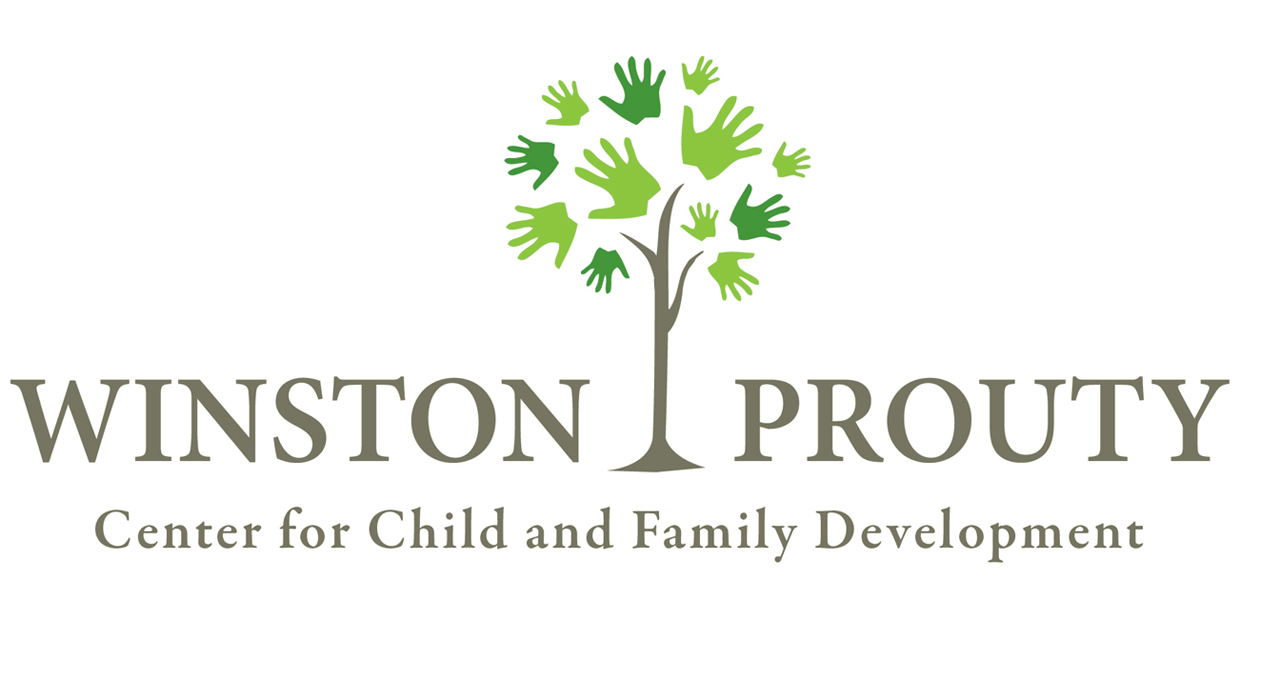A Time for Giving

There is a saying that has been circulating on social media and other forums that is particularly striking this time of year: “If you are more fortunate than others build a longer table not a higher fence.”
The consumerism of our culture is especially apparent during the holiday season, highlighting a variety of issues that arise with the prevalence of “stuff” in our society. Many people do not have enough, others have more than they will ever need, and it is difficult to understand the complicated interplay of systems and values that lead to these challenges.
There are also mixed messages we get about giving and receiving. Our culture, while sometimes anxious to give and donate, also has strong messages about “making it on your own” and “pulling yourself up by your bootstraps” and “not being a drain on society.” This can make it hard to be comfortable being on the receiving end of giving as well. We give accolades to those who give time or money or stuff while judging those who take. It seems worthwhile to find ways to value both giving and receiving without negative judgment on either side. When we find ourselves making assumptions about why and how people are part of the equation maybe recognizing the beauty that the equation exists at all will be enough to remind us to value it as it is.
Developing a sense of generosity in children is an important part of social-emotional development and helping them learn to navigate the world. Being generous and giving has also been shown to make us happier as humans, and brain scans have shown that even thinking about giving to others lights up the feel-good parts of our brains. Some strategies for helping young children learn generosity include modelling it ourselves, for instance by taking a meal to a neighbor who is ill; naming it when we see it happen (“that was generous of your friend to share her cookie”); participate in giving by helping choose gifts and wrap them; and practicing hospitality such as inviting over friends and sharing toys and space.
Giving and receiving are active, intertwined expressions of our connection with one another. There are multitudes of ways to give, from the gift given for a special occasion, to the gift of listening to a friend in need, to the gift of giving food to those who have little, and for all of these ways there is a recipient on the other side who is an engaged partner not a passive beneficiary. It is an exchange where, when we can take the time, we understand that both are changed in a positive way.
Chloe Learey is the executive director of Winston Prouty Center for Child and Family Development in Brattleboro. She serves on the Building Bright Futures State Advisory Council, a governor-appointed body that advises the Administration and Legislature on early childhood care, health and education systems. The Brattleboro Area Chamber of Commerce recently named her Entrepreneur of the Year.
<a href=”https://www.freepik.com/free-photos-vectors/birthday”>Birthday vector created by Kreativkolors – Freepik.com</a>
